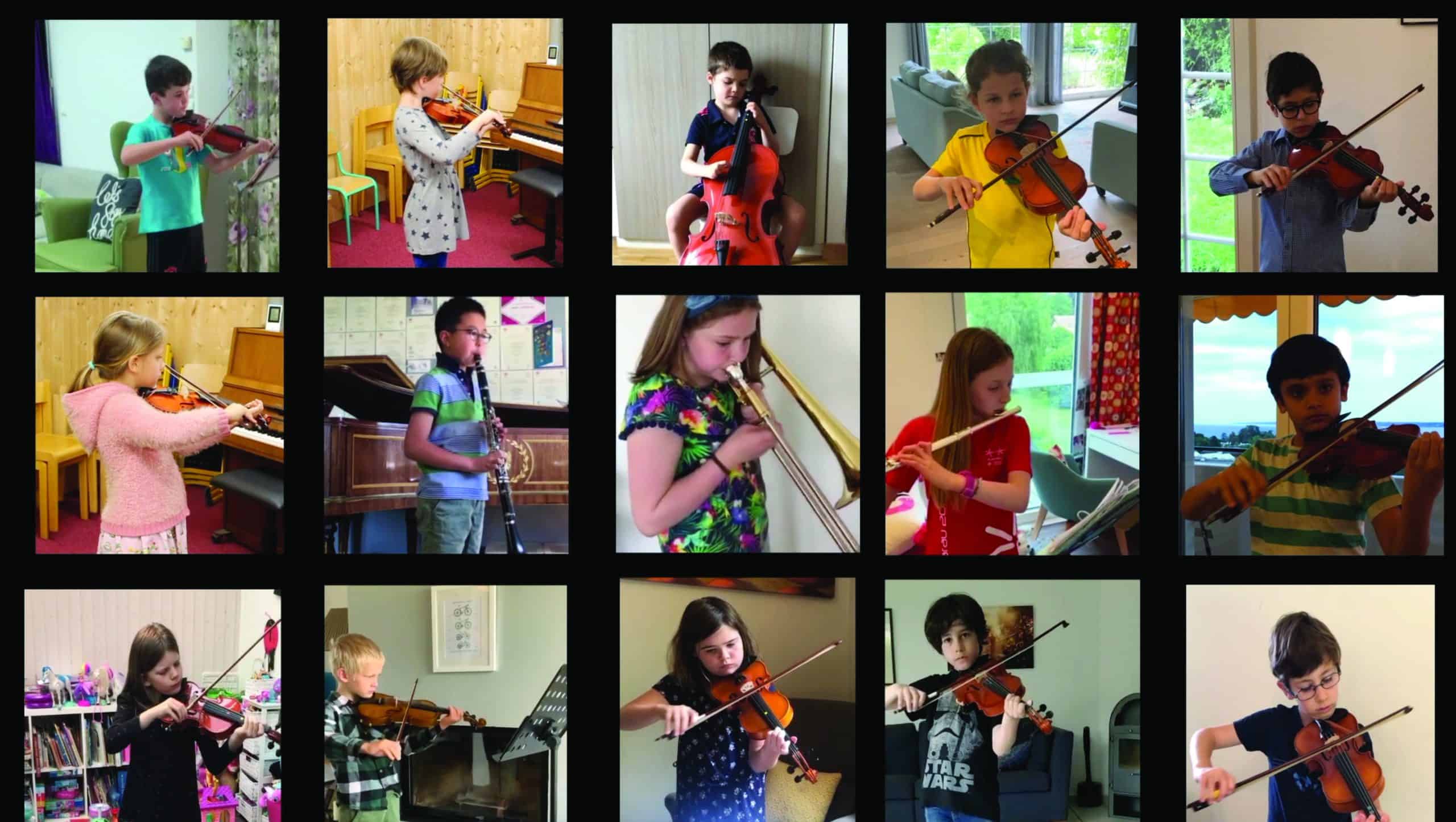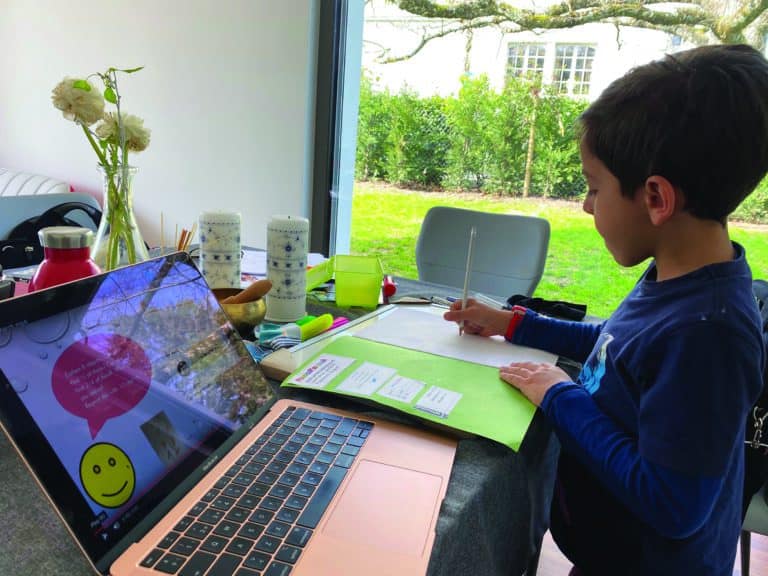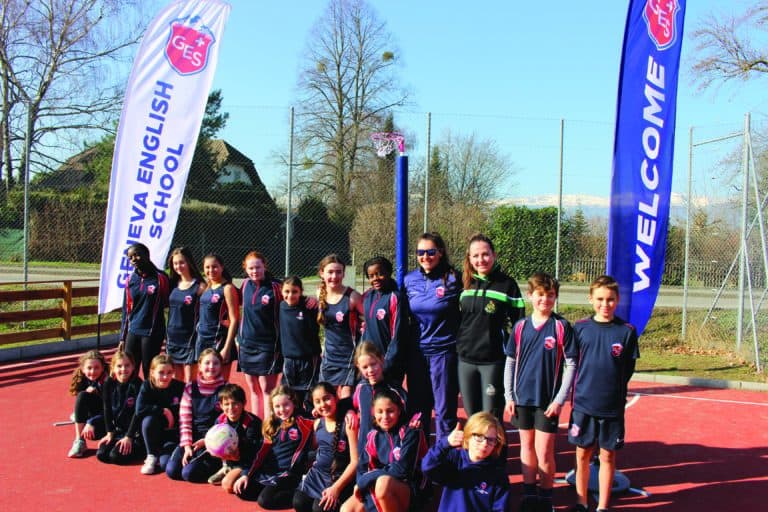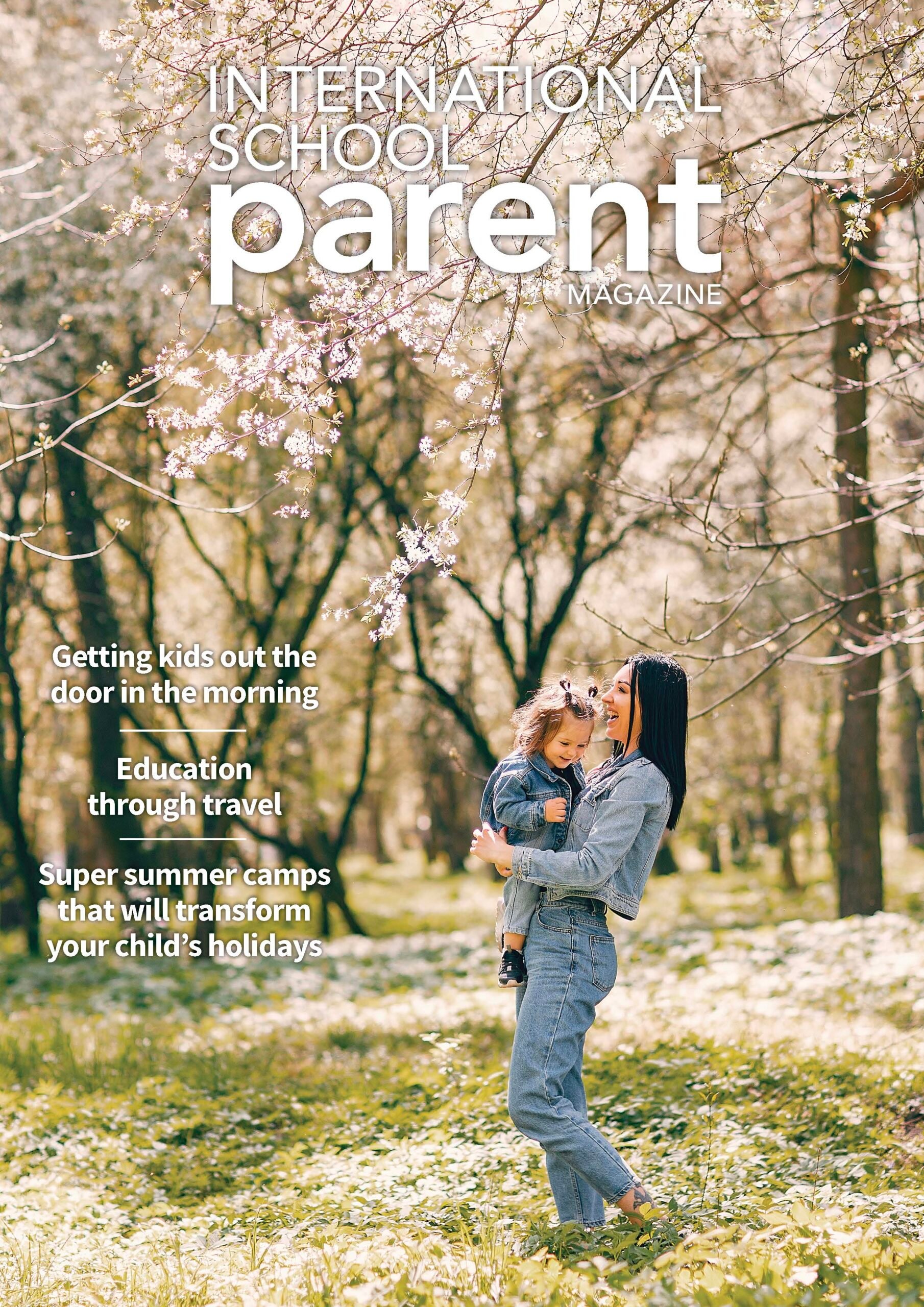Lessons From Lockdown

The coronavirus pandemic of 2020 led to the closure of schools all around the world. Tim Meunier, outgoing Head of Geneva English School, summarises how his school managed to provide continuity of high-quality education for its pupils during lockdown, but perhaps more importantly what valuable lessons have been learned from this extraordinary period.
At Geneva English School, a highly acclaimed ‘Learning at Home’ programme provided successful continuity of education for pupils across the age range during the two months of lockdown. But a remark made by the Head of Kellett School in Hong Kong, which had already been closed for a while, was soon found to ring true by our parents, pupils and staff: “Home learning is tough – tougher than school.”
Across the school, we used Zoom with educational licensing as our video platform because of its ability to simulate important aspects of live classroom teaching, including Q&A, discussion, and both individual and group work. It also proved invaluable to communicate regularly with parents and receive feedback.
At the Secondary, pupils followed their normal timetable from home, including registration and tutor time in the mornings. Most lessons were taught live, on Zoom, with teachers introducing variety via the use of ‘breakout groups’ and periods away from the computer to work on activities or assignments. Google Classroom and tools from G Suite for Education were used to support learning and communication.

In Years 3 – 6 (ages 7 – 11), Zoom was also used, alongside online tools such as EducationCity and Mathletics, to provide appropriate levels of live teaching, with pupils following their normal timetabled routine, all organised via Google Classroom.
For Early Years & Key Stage 1 (ages 3 – 7), year-group specific Google sites were created for posting tasks and activities, and we extended the use of our online learning journal, Tapestry. EducationCity, PhonicsPlay (phonics website) and Ten Town (online early years’ numeracy scheme) were used to provide directed activities or exploration with parents.
Pupil and Parent Feedback
As a result of all the preparation and planning, compressed into a couple of weeks, the transition to home learning was remarkably smooth and pupil and parental feedback on the programme was incredibly positive:
“Brilliant job, GES! Seriously impressive to pull that off with such short notice.”
“Thank you to everyone at GES for your dedication! My children were engaged and even entertained. Great work!”
“Amazing. Our girls in Secondary are 6 hours online. They even have PE. Impressed.”
“Really couldn’t agree more. GES has been amazing. Thank you for all your hard work.”
The Return to School
A week after Easter, the Swiss government announced that children of compulsory school age (4-15) would return to school in a phased approach, from 11 May. Once again, as a result of careful planning and the observance of strict hygiene measures, the return to school went smoothly. In the early days, our prime focus was on getting the children back together with their friends, and allowing them to play and socialise in as natural a way as possible. This is what they had been missing most, and initially it took priority over everything else, including their rate of progress through curricula and schemes of work.
The children were delighted to see their friends again and it was wonderful to see their happy faces as they played, laughed and joked with each other. Some adults and families were anxious, especially those living in France who had been much more strictly confined. However, the level of attendance was excellent, helped by the insistence of the Swiss government that, except in serious cases of vulnerability (primarily of the child), it was an obligation to send children to school.
The whole school was back in attendance for the last three weeks of the Summer Term and it was possible to finish the academic year with a sense of normality, some year-end examinations and also to review and assess our Learning at Home programme.
Our Key Learnings
On a relatively simple level, teachers learned how to make increased use of online technologies, software and websites to provide interest, variety, context, extension, independent tasks, practice, and learning support. Google Classroom and the wider G Suite for Education became more widely used across the whole school and a variety of other online platforms are sure to progressively enrich learning and teaching in the future.
Teachers became increasingly creative in their use of online technologies and in the use of the home as a place in which to encourage learning. Pupils were given a variety of home-learning tasks, from making models, puppets and obstacle courses, to completing practical and artistic challenges, and making videos of themselves and their work. Secondary Science was taught from the laboratory so that students could see the teacher demonstrating with chemicals and laboratory equipment. The PE Department created a motivational programme of exercises and virtual competitions, which generated a very high level of engagement in living rooms and gardens, with over 300 videos received weekly, which were edited to produce the much-anticipated episodes of ‘GES Fitness TV’. The Drama and Music departments launched an online ‘Rising Stars’ competition, attracting a large number of video entries. We should definitely remember how useful the home environment can be as a place for exploration and creative learning and continue to provide optional activities to be carried out at home.
The most effective education for children is a collaborative partnership between school and home, one of the key pillars of our school’s ethos. Never was this more important than during the lockdown. The parents of younger children in particular needed to be on hand to help with the activities provided by the School. Older children were generally more self-sufficient, but in some cases teachers had to appeal to parents to help with organisation or motivation to keep the pupils positive and on-track.
Interestingly, some pupils who are easily distracted in the classroom, and others who have difficulty with social interaction, worked more effectively at home. Teachers would do well to remember who these pupils are and to find ways of providing the opportunity for independent work in quiet spaces. Others found it hard to sustain concentration or motivation when working alone. These pupils in particular thrived when they were able to return to an environment in which there were friends to talk to, regular stimulus and encouragement.

Difficulties with organisational skills soon became apparent and were challenging for teachers to deal with at a distance. We need to remember how important organisational skills are for learning. When they are lacking, and the problem is not addressed, the pupil makes relatively little progress and both pupil and teacher soon become frustrated. Schools need to concentrate, even more than they currently do, on developing study skills, organisational skills, and an understanding of how to learn. This is particularly important at the beginning of a new phase of education, for example the first year of secondary education, when the environment is suddenly more complex.
The mental health of all members of the community was a very important consideration during this period of school closure and home confinement. This is an aspect of education and care in schools that has improved considerably over the last few years. Schools now have counsellors, and training for staff in mental health first aid is common. Geneva English School sets great store by its programme of personal, social, health, citizenship and economic education (PSHCE), giving it proper status within the timetable. Pupils responded well, in online PSHCE lessons and tutor time, to exploring strategies for maintaining a resilient and positive outlook, dealing with stress and anxiety, and addressing other aspects of mental wellbeing.
What School Is About
To conclude, this period of school closure and home learning has caused us to reflect on what makes a good education. We have learned some interesting lessons and acquired new skills, not least in the use of technology to enhance, enliven and support learning. Most importantly, we have been reminded of the crucial role schools have to play in the personal and social development of children. School is about learning how to learn, learning for life, acquiring knowledge, skills and interests, and thinking about big and interconnected problems. It is about becoming a responsible citizen of the world, and acquiring the attributes of kindness, tolerance, empathy, curiosity, collaboration, determination and independence of thought. But it is also about play, sport, drama, music, competition, teamwork, human interaction, laughter, fun and friendship. And that’s why we are so glad to be back at school.
As I take my leave from Geneva English School after four happy and fulfilling years, I very much hope that my successor, Matt Williams, will not have to manage a repetition of an extended Learning at Home programme. But should it become necessary again, I know that the School is well prepared and will successfully provide continuity of an outstanding holistic education for all its pupils.
More from International School Parent
Find more articles like this here: www.internationalschoolparent.com/articles/
Want to write for us? If so, you can submit an article for consideration here: www.internationalschoolparent.submittable.com
